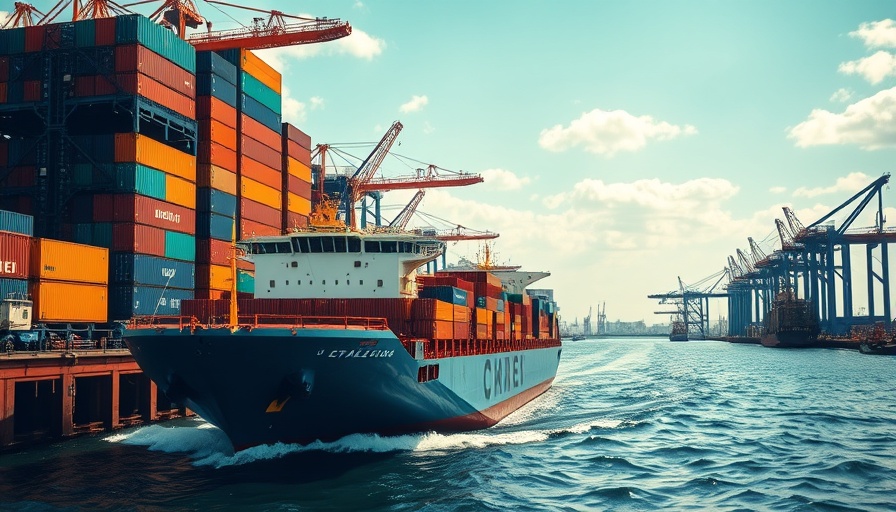
US Tariffs: An Impending Storm for the Caribbean
The Eastern Caribbean Central Bank (ECCB) Governor, Timothy Antoine, has recently issued a pivotal warning regarding the potential economic impact of new tariffs proposed by the United States. While the immediate effects may not be felt until later this year and into 2026, he asserts that Caribbean nations must prepare to mitigate the long-term consequences. This advice follows discussions held in Washington, D.C. during the International Monetary Fund’s (IMF) Spring Meetings.
Economic Forecasts: What Lies Ahead
According to the IMF's latest World Economic Outlook, growth in Latin America and the Caribbean is expected to slow, prompting concerns over economic stability in the region. With projections dropping from a growth rate of 2.4 percent in 2024 to only 2 percent in 2025, there’s an urgent need for Caribbean nations to rethink their trade logistics and food security strategies. These adjustments could help cushion the region from inflationary pressures resulting from the tariffs.
The Impact on Tourism and Trade
Tourism, a pillar of many Caribbean economies, faces potential challenges as the region relies heavily on imports from the U.S. This dependency means that tariffs on goods shipped from the U.S., particularly those passed through third countries, could lead to increased prices and economic strain. Antoine emphasizes that understanding the depth of these implications will be crucial in implementing adaptative measures.
Preparing for Economic Resilience
As the Caribbean navigates this uncertain climate, leaders and policymakers are called to act swiftly and deliberately. By reorganizing supply chains and enhancing local production, the region can bolster economic resilience against external shocks. Now more than ever, fostering regional cooperation and strategic planning will be essential for a sustainable future.
 Add Row
Add Row  Add
Add 




Write A Comment